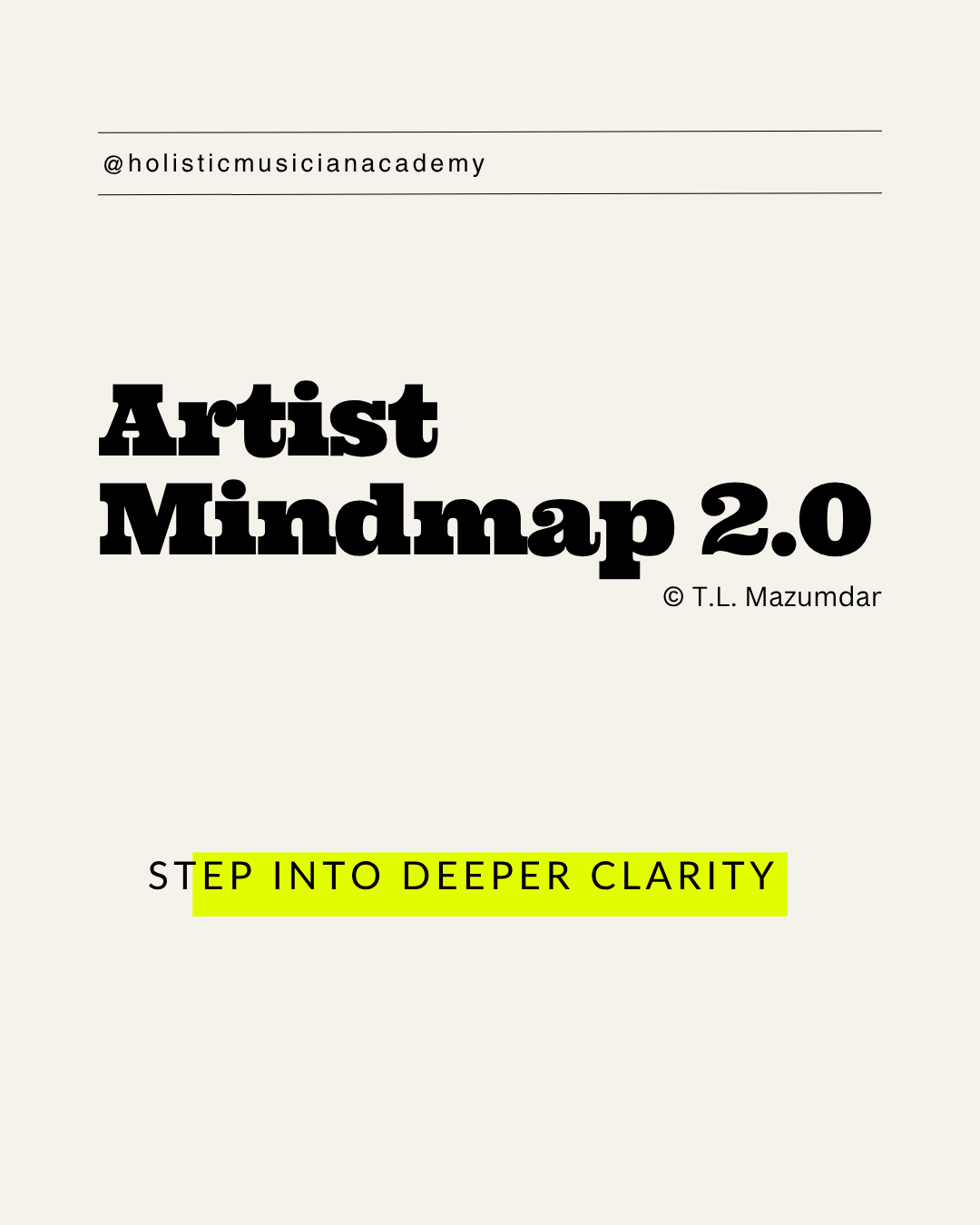
This was an excerpt from a coaching session about the biggest problem finding support as independent artists. The post discusses the challenges independent artists face in finding support and guidance, examining the pros and cons of academia, friends and family, and commercial agencies, and highlights the importance of a mentor who can provide balanced, objective guidance and emotional support aligned with the artist's goals.
(Edited for context).
Finding support as an independent musician in the current music industry is crucial for a sustainable career. The gatekeepers are getting brasher, the sources of income increasingly complex, and meanwhile a wealth of resources that actually could help the artist take agency of their career seem to feel unnecessarily obscure.
I've been working as a full-time independent musician and educator for over 25 years now. And in my experience, the biggest problem with finding support is the sources where artists go to look for the same.
The three primary ones tend to be academia, friends and family, and commercial agencies and all three come with pros and cons.
With academia, there is a certain degree of reliability and credibility in the actual data and the information.
However, there's a lot of red tape involved, so it does tend to have a certain archaic vibe around it. A conservativeness in the mindset, which results in information that isn't always easily implemented in the real world.
With friends and family, it's just biased.
So while moral and emotional support can be a plus, they are not in a position to give us advice that genuinely helps us develop our artistic journey or careers authentically.Their job is to be there for you. This is great, but the fact of the matter is, with exceptions that prove the rule, (unless we come from a certain background, wherein we already have an earlier generation of musicians and artists above us, or have friends who have their hands deep into the music industry), most of the information we will find there is biased.
The third are agencies.
Agencies are great. They're qualified to give you the kind of advice that you might find useful in implementing in the real world (a good counter-balance to academia).
The catch is, though, that you are a source of profit to them. At the end of the day their ultimate intent is profit in exchange for a service.
So they will define 'success' in a manner that will always be inherently different from the artist's mindset. Which is fair enough cos it's kinda their job. But the process is a lot more complex than most artists tend to realize. There's a missing link.
This is where the role of a mentor comes in. They are the bridge that 'joins' all these sources.
The right mentor will have:
- A sense of familiarity with the quality of information academic bodies offer you (even if they don't necessarily have a traditional academic background).
- The skills to give you a kind of moral and emotional support that you can count on, without the bias your friends and family have.
- Actionable steps for you to implement and get genuine results.
It's imperative that your mentor or your coach has a certain degree of distance and disinterest.
I cannot stress te importance of this enough. Any mentor who's overtly invested in your success is probably a little too close to the entire scenario.
(Iconic Singer & Author Sheila Chandra shares some incredibly helpful views on this during our podcast session here ).
With agencies, it's important to be clear about that being a completely transactional relationship only. So you're hiring them.
You're 'hiring' a mentor too (I don't recommend working with one for free). But a mentor is hopefully not in it for financial profit only. There is a sense of calling involved.
Ideally, they're in it not because they only see the prospect of dollars in your artistic career, but have a sense of 'why', which is in alignment to your sense of 'why'.
Summary
Usual sources of support and their pros and cons.
Academia:
Pros: Reliable, credible information based on data.
Cons: Red tape, archaic vibe, conservative mindset not always applicable to the real world.
Friends and Family:
Pros: Moral and emotional support.
Cons: Biased advice, lack of industry knowledge and experience.
Commercial Agencies:
Pros: Qualified advice, industry expertise.
Cons: Profit-driven, may define success differently than the artist.
A qualified Coach/Mentor
Pros: Qualified advice. Objectivity.
Cons: Requires financial investment.
Points to ponder:
- The importance of finding a mentor who can provide a balanced perspective, credible guidance, and emotional support while aligning with the artist's goals and values, bridging the gap between academic knowledge, industry expertise, and personal support
- The need for objectivity and a sense of purpose beyond financial gain.
- Valuing a mentor's objectivity and distance from the artist's immediate circle.
- Recognizing the transactional nature of commercial agency relationships.
- Confirming your potential mentor's sense of ''why'' with your "why".
Join my free training.








0 Comments